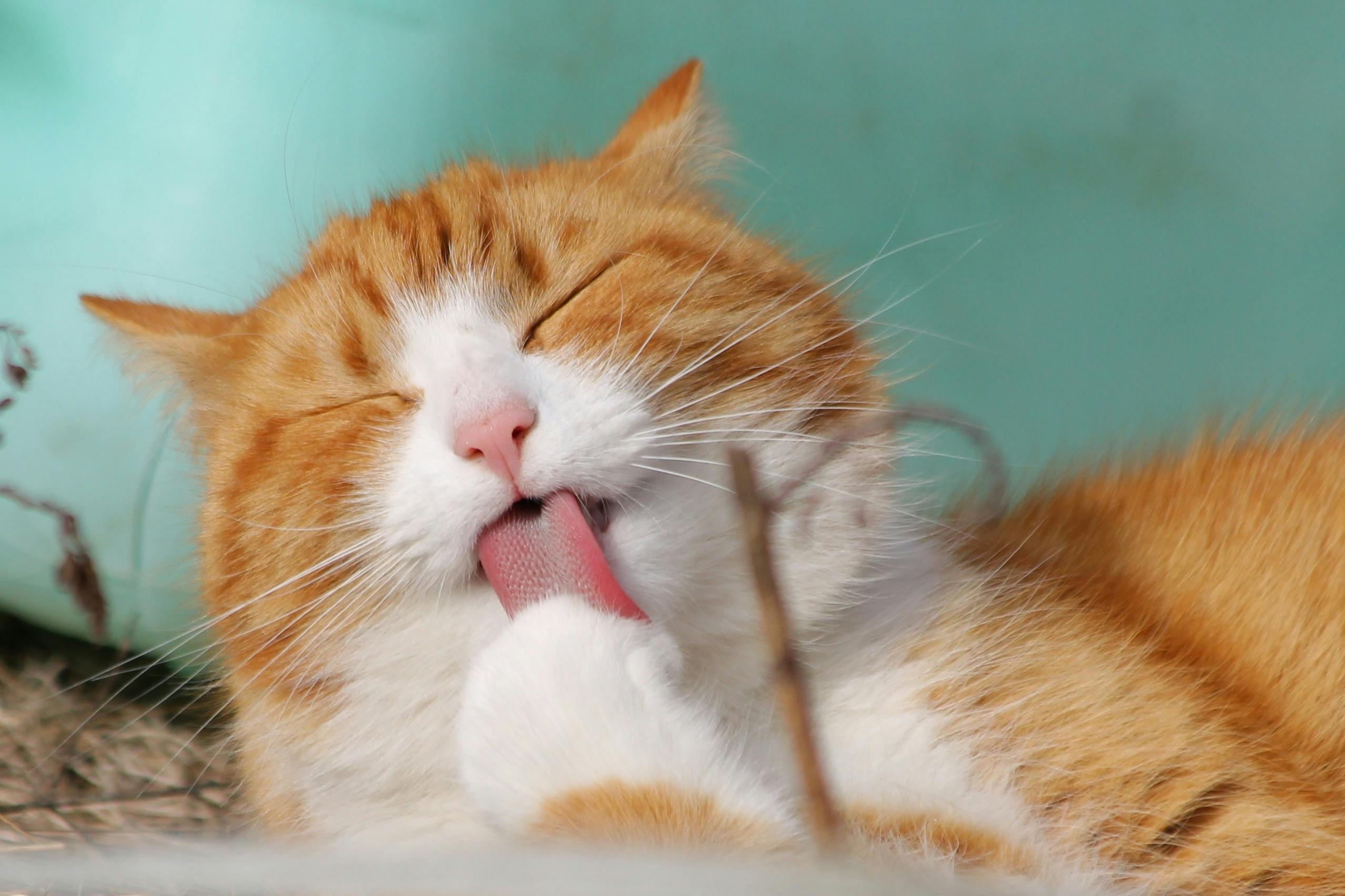What’s the Safest Way to Administer Ear Medication to a Struggling Cat?

Ear ailments are one of the most common health issues in cats. From ear mites to infections, the delicate ear canal of our feline companions is susceptible to a variety of problems. It is essential to recognize the signs of ear trouble and take prompt action to ensure the well-being of your pet. Often, these issues require administering ear medication which can be a challenging task, especially if your cat is struggling or reluctant.
In this comprehensive guide, we will discuss the safest methods to administer medication to a struggling cat. Our tips will help you gain confidence and ensure that your pet gets the necessary treatment without unnecessary stress.
Sujet a lire : What Are the Best Options for Pet-Friendly Weed Control in Your Garden?
Recognizing the Signs of Ear Problems in Cats
Before diving into the administration of medication, it’s crucial to understand the signs of ear problems in cats. As pet owners, you are the first line of defense when it comes to identifying health issues in your pets.
Cats with ear issues may exhibit a variety of symptoms. They may scratch their ears frequently, shake their head, or show signs of discomfort when their ears are touched. You may notice a foul odor or see a discharge coming from their ears, and in severe cases, they may even lose their balance or show changes in their behavior.
A lire en complément : How to Train a Cat to Coexist Peacefully with a Pet Rat?
It’s important to remember that these symptoms may indicate a variety of conditions, from mites to bacterial or yeast infections, or even allergies. Accurate diagnosis from a veterinarian is critical for effective treatment.
Consulting a Veterinarian for Diagnosis and Treatment
If you suspect that your cat is suffering from an ear ailment, the next step is to consult a veterinarian. The vet will examine your pet’s ears using a specialized instrument called an otoscope, which provides a detailed view of the ear canal.
Based on their findings, the vet will determine whether your cat has ear mites, an infection, or another condition. They will then prescribe the appropriate medicine to treat the issue. Typically, ear medication for cats comes in the form of drops, ointments, or sometimes pills.
Remember, it’s important to follow the vet’s instructions for dosage and frequency of administration. Incorrect usage of medication can lead to ineffective treatment and potentially even harm your pet.
Preparing to Administer Ear Medication
Once you have the right medication, the next step is to prepare for its administration. This process can be tricky, especially if your cat dislikes having their ears handled, but with patience and the right approach, it can be done with minimal stress for both you and your pet.
Before administering the medication, it’s a good idea to clean your cat’s ears. This will remove any dirt or debris that could interfere with the medication. You can use a mild ear cleaner recommended by your vet for this purpose. Gently clean the outer ear, without inserting anything into the ear canal itself.
If your cat is anxious or resistant to having their ears handled, it may be helpful to have another person assist you. They can gently hold the cat while you administer the medication.
Administering the Ear Medication
Administering ear medication to a cat requires calm and steady hands. If you are nervous, your pet will pick up on that energy, making them more likely to resist.
For drops or ointments, hold your cat’s ear at the base and gently lift upward to straighten the ear canal. This allows the medication to reach deep down where it’s needed. Squeeze the prescribed amount of medicine into the ear, then massage gently at the base of the ear to help spread the medication.
If your cat’s medication is in pill form, it can be a bit trickier. Some cats will take pills hidden in treats or food, while others will require manual administration. Hold your cat’s head steady and gently open their mouth. Place the pill as far back on the tongue as possible, then close their mouth and gently stroke their throat to encourage swallowing.
Ensuring Follow-Up and Consistent Treatment
It’s crucial to follow up with your vet to ensure the medication is working and the infection or mites are clearing up. Some conditions will require a change in medication or a longer treatment period.
Always complete the full course of medication, even if your cat seems to be improving. Stopping treatment too early can lead to a recurrence of the issue.
Remember, ensuring the health of your cat’s ears is a vital part of pet care. By recognizing the signs of ear trouble, consulting a veterinarian, and safely administering ear medication, you can help keep your beloved pet happy and healthy.
Preventing Future Ear Problems in Cats
Preventing ear problems in your cat can save you both from the stress of administering medication. Regular check-ups are crucial to ensuring that the ears remain clean, free from parasites, and without any signs of infection.
Some breeds of cats may be more prone to ear issues due to hair in their ears or due to the shape and size of their ear canals. Regular grooming can help manage this. Using a vet-recommended ear cleaner can keep the ears clean and lessen the chances of ear mites and infections.
Also, maintain a healthy environment for your cat. Exposure to other infected animals can lead to mites or fleas problems. Regular vet visits can also alert you to any potential issues before they become significant problems.
Lastly, diet plays a crucial role in your cat’s overall health, including the health of their ears. Ensure that your cat is receiving a balanced, nutrient-rich diet. Some food allergies can result in reactions like ear infections. If you suspect your cat might be allergic to something in their food, consult with your vet about the best dietary options for your pet.
Conclusion
Nothing is more important to a pet owner than the health and happiness of their pet. Recognizing the symptoms of ear problems in your cat, consulting with a vet for the correct diagnosis, and successfully administering the prescribed ear medication is essential to maintaining your cat’s ear health.
Remember, prevention is the best way to avoid having to medicate your pet. Regular checks of your cat’s ears, a clean environment, and proper nutrition can help keep ear problems at bay.
However, if you do find yourself needing to give your cat ear medication, take your time and remain calm. Your cat will pick up on your energy, and a calm and patient approach will make the process much smoother.
Ultimately, your dedication to your pet’s health is the best line of defense against ailments like ear mites and ear infections. With proper care and attention, you can ensure that your beloved cat lives a long, happy, and healthy life.
